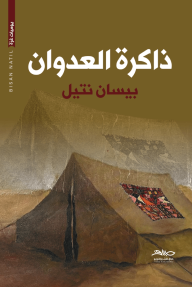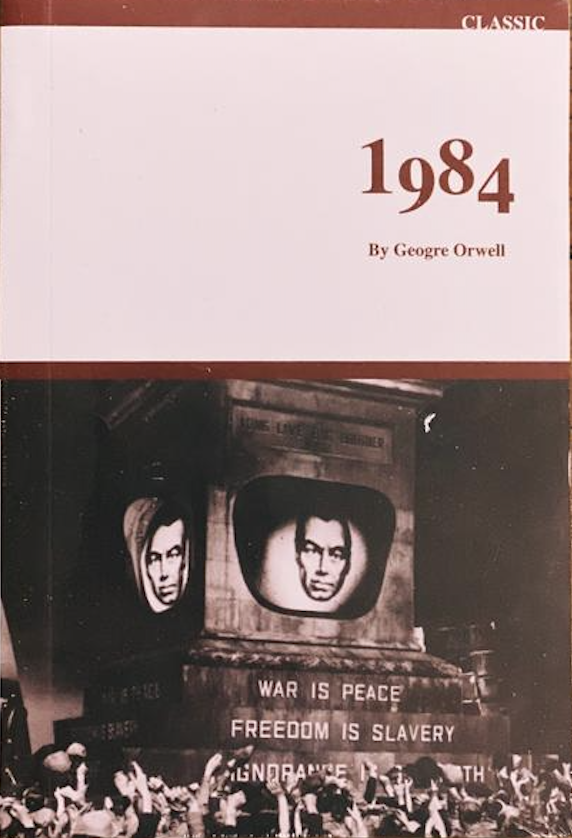The Prince
Machiavelli composed The Prince as a practical guide for ruling (though some scholars argue that the book was intended as a satire and essentially a guide on how not to rule). This goal is evident from the very beginning, the dedication of the book to Lorenzo de’ Medici, the ruler of Florence. The Prince is not particularly theoretical or abstract; its prose is simple, and its logic straightforward. These traits underscore Machiavelli’s desire to provide practical, easily understandable advice.
The first two chapters describe the book’s scope. The Prince is concerned with autocratic regimes, not with republican regimes. The first chapter defines the various types of principalities and princes; in doing so, it constructs an outline for the rest of the book. Chapter III comprehensively describes how to maintain composite principalities—that is, principalities that are newly created or annexed from another power, so that the prince is not familiar with the people he rules. Chapter III also introduces the book’s main concerns—power politics, warcraft, and popular goodwill—in an encapsulated form.



















 الرئيسية
الرئيسية  المفضلة
المفضلة  الحقيبة
الحقيبة  فلتر
فلتر
لا يوجد مراجعات